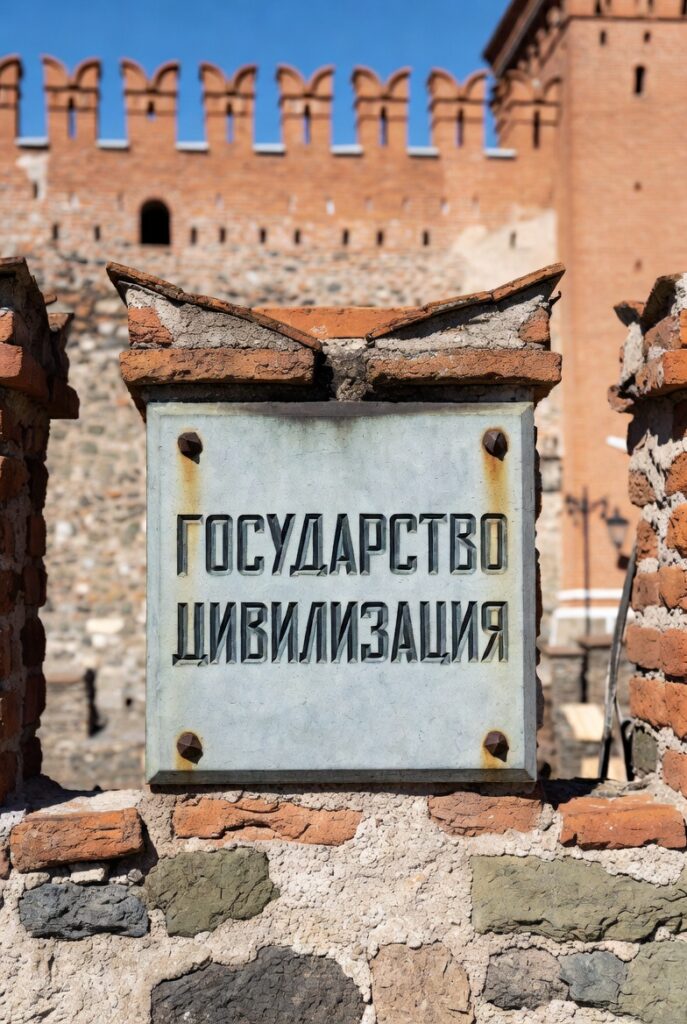Russia’s State Duma deputies have approved the draft budget for 2026 in its first reading. The document garnered support from the United Russia, LDPR, and New People factions. The Communist Party (KPRF) and A Just Russia abstained from the vote. State Duma Speaker Vyacheslav Volodin, along with representatives from New People and the KPRF, sought to signal that raising the tax burden on small businesses and the IT sector could inflict serious damage on these groups. Notably, New People focused their critique on the IT industry, mentioning small businesses only in passing.
In contrast, Andrei Makarov, head of the Duma’s budget committee, openly asserted that lowering the revenue threshold for preferential taxation of small businesses—from 60 million to 10 million rubles—is entirely justified. In his view, this adjustment would render business fragmentation economically unviable, thereby curbing tax evasion. «The money is needed now,» Makarov emphasized. It is worth noting that Duma committee chairs have long evolved into conduits for the executive branch’s positions. Makarov’s stance likely mirrors the Finance Ministry’s—and the government’s broader—perspective.
With parliamentary elections looming in 2026, the authorities may be willing to entertain some temporary concessions. Yet it seems more probable that, once the vote tally is finalized, stricter measures will follow. This inference is bolstered, in part, by sociological surveys already emerging from Kremlin-aligned research centers.
A Sedative from the Pollsters
The VCIOM polling agency, which works closely with the Kremlin’s political apparatus, has released survey results indicating that 69 percent of Russians are prepared to cut back on spending and curb their consumption to safeguard the country. During wartime, such poll findings—particularly from outlets tied to the authorities—warrant skepticism, given respondents’ tendency toward socially desirable answers. This VCIOM survey was commissioned by the Expert Institute for Social Research (EISI), an analytical body affiliated with the presidential administration’s political bloc. EISI produces reports and briefs primarily for consumption within the power structures, though they often find their way into the public domain as well.
Like any think tank, EISI is duty-bound to apprise its client—in this case, the Kremlin—of the potential upsides and downsides of various policy choices. Yet the presidential administration’s political bloc and its affiliated «brain trusts» have long operated in a mode of reassurance for the country’s top leadership, rationalizing unpopular government decisions. In the worldview they project, society appears wholly controllable, inherently loyal to the authorities, and wedded to collectivist ideals. A glance at articles by Alexander Kharichev, a close ally of Sergei Kirienko, suffices to confirm this.
The release of this latest VCIOM poll coincided with debates over deeply unpopular social policies: hikes in value-added tax, the introduction of social contributions for non-working citizens, and tighter tax rules for small businesses. Government officials have candidly framed these steps as essential to funding the war effort. Vladimir Putin, by all indications, remains committed to prosecuting the conflict in the near term, while his subordinates scour for additional resources to sustain it.
That said, the Kremlin has often displayed hesitation when rolling out such measures, mindful of their toll on the president’s and ruling party’s approval ratings—though in most instances, the decisions have proceeded regardless. The current discourse echoes this pattern: tentative opposition to the new taxes has surfaced in the State Duma, with business associations voicing criticism as well. Even VCIOM’s data reveals ambivalence among Russians regarding their «willingness to economize out of national responsibility.» Only 45 percent professed a firm resolve to «tighten their belts,» while 24 percent indicated they were «somewhat» inclined to do so.
The presidential administration’s political bloc is acutely aware of which course aligns most closely with Vladimir Putin’s preferences. It is likely that excerpts from an EISI report or a fresh piece by Alexander Kharichev will soon appear, leveraging VCIOM’s figures to contend that the public is primed for restraint—perhaps framed through a collectivist lens or other justifications. This «reassuring» narrative would pave the way for enacting the unpopular reforms.
Moreover, polls of this ilk can be subtly formative: they implant the notion that nearly two-thirds of fellow citizens are already embracing self-sacrifice for the state, thereby shaping opinions or, at minimum, priming socially approved responses in subsequent surveys. This suggests that doubts within the Kremlin about the imperative for these measures have all but evaporated. Beyond the steps already floated, fresh initiatives may well materialize in short order.
Yet this brand of «comforting» sociology has previously led the Kremlin to misjudge the depth of public discontent and the potential for grassroots mobilization. The 2018 pension reform, for instance, triggered losses for Kremlin-backed candidates in four Russian regions. The leadership’s latest moves could similarly imperil the outcomes of the 2026 State Duma elections.
Municipalities in the Governor’s Hierarchy
Sverdlovsk Oblast Governor Denis Pasler has urged regional legislators to pass a bill allowing municipal assemblies to select local heads solely from candidates nominated by the regional governor. There is little doubt the proposal will pass: United Russia holds a majority in the oblast legislature, and Pasler himself leads its local branch.
Under the federal municipal reform, gubernatorial nominees are mandatory only for appointing heads in regional capitals. The mechanics of power formation in other municipalities fall to the discretion of federal subject leaders. The national framework permits a rigidly vertical model, which is precisely the path Denis Pasler has chosen. He is far from alone: authorities in Krasnoyarsk Krai, Nizhny Novgorod Oblast, and the republics of Komi and Mari El have adopted similar approaches.
Governors have long exerted substantial sway over the cadre of municipal leaders. Direct mayoral elections persisted until recently in just four regional capitals, but federal lawmakers have now eliminated that option. In most small municipalities, federal law still affords residents the right to elect heads, though many regional administrations have opted out in practice.
The typical setup for an average Russian municipality involves deputies electing a head based on recommendations from a selection committee. Half the committee’s members hail from local authorities, the other half from the oblast level. This arrangement all but ensures the governor a voting majority, minimizing surprises in appointments. Even so, glitches occasionally arise. In Berezovsky, Sverdlovsk Oblast, for example, deputies rebuffed the reappointment of Mayor Yevgeny Pitsov—endorsed by regional leadership—and backed a placeholder candidate: a municipal bureaucrat subordinate to Pitsov and the wife of his driver. The vote was duly annulled, and Pitsov resumed his post. Pasler’s proposed model—limiting candidates to those vetted exclusively by the governor—would foreclose such mishaps. The regional head would advance only loyalists, forcing deputies to pick the least objectionable among them.
For now, governors cling to established selection committees out of inertia. But the direct-nomination model is poised to proliferate, offering the tightest possible control—a boon to the Kremlin. It is no coincidence that alongside Pasler, this approach is being advanced by alumni of Sergei Kirienko’s «governor school,» including Gleb Nikitin (Nizhny Novgorod Oblast), Mikhail Kotyukov (Krasnoyarsk Krai), Yuri Zaytsev (Mari El Republic), and Rostislav Goldshmidt (Komi Republic).










